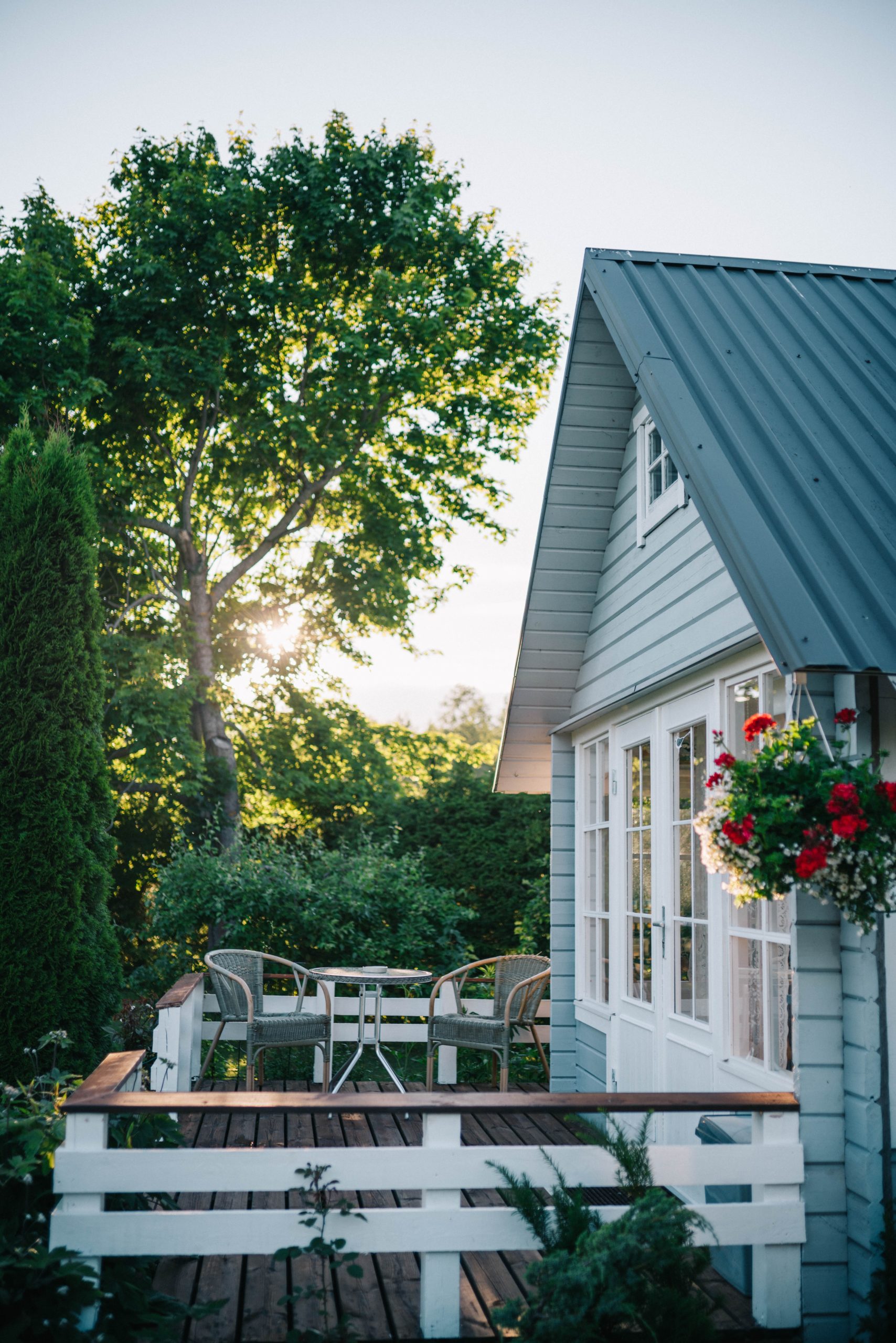Things can get messy when there’s no will in place to guarantee who gets what when the time comes
A popular regular feature in Good Times magazine is “Your Questions,” where Olev Edur provides answers to questions from our readers regarding their rights, personal finance, and estate planning. Here’s one addressing the need to have a valid will:
Q. My husband owns a rental property, which is registered in his name only. He’s 73 years old and has no will. We have four adult children. If he passes away with no will, can I have the rental property title transferred to my name without too much trouble, cost, and time?
A. Probably not. If your husband passes away without a will, he’ll be considered to have died “intestate”; his entire estate will be turned over to your province’s public trustee, who will arrange for the sale of all estate assets and the disbursement of proceeds to family members according to a rigid formula.
While this formula can vary slightly from one province to another, Ontario’s Succession Law Reform Act stipulates that unless someone who is financially dependent on the deceased person makes a claim (which can get very complicated), the first $200,000 of an intestate estate is given to the deceased person’s spouse; the spouse may alternately claim half of the family’s net property (an estate lawyer can help determine which is the better choice). Anything remaining after the spouse’s entitlement is shared between the spouse and descendants (children or grandchildren).
If there’s no spouse, the deceased person’s children inherit the estate. If any of them has died, that person’s children (the deceased person’s grandchildren) will inherit his or her share. If there’s no spouse and no children or grandchildren, the deceased person’s parents inherit the estate equally. If there are no surviving parents, the deceased person’s brothers and sisters inherit the estate. If any of the brothers and sisters has died, his or her children (the original deceased person’s nieces and nephews) inherit instead. If there are no surviving brothers and sisters, the deceased person’s nieces and nephews inherit the estate equally. However, if a niece or nephew has died, his or her share does not pass to his or her children.
When only more distant relatives survive (cousins, great-nieces and nephews, great-aunts and uncles), the rules become complex and a lawyer is strongly recommended.
During this allocation process, you generally would have no say in the bequeathing of any particular asset to any individual heir. What’s more, the process would likely take much longer than if a will existed. If a financial dependant were to make a claim, it could get very messy. And there’s no guarantee that the trustee would get top dollar when selling the assets in the estate.
As a result, I strongly suggest that you try to convince your husband to draft a legally valid will and appoint an executor (such as you) who can allocate your husband’s estate assets exactly as stipulated in the will.
Photo: iStock/bakerjarvis.






